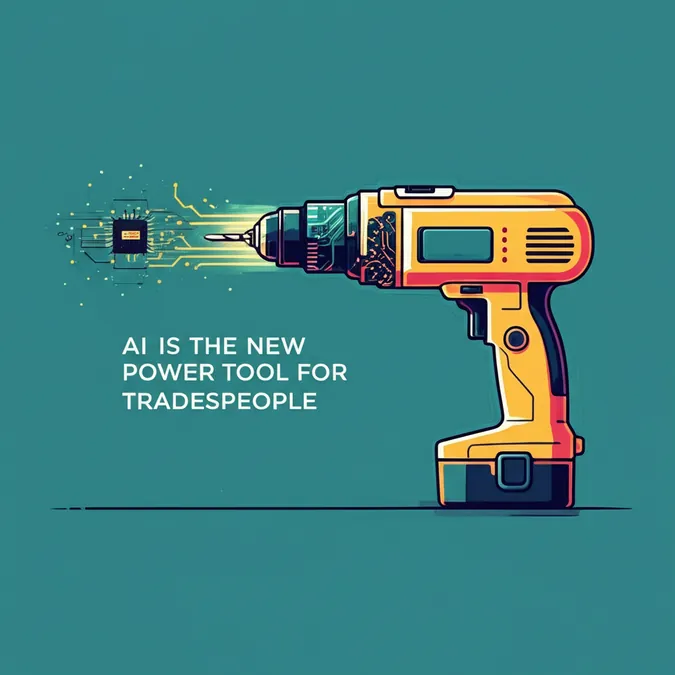Developer Offer
Try ImaginePro API with 50 Free Credits
Build and ship AI-powered visuals with Midjourney, Flux, and more — free credits refresh every month.
Is AI The New Manager In Your Office
A new workplace phenomenon is quietly taking hold as employees increasingly consult artificial intelligence for guidance they once sought from their managers. What started as a novelty has evolved into a daily practice that is reshaping communication, decision-making, and professional trust. This trend, known as the “AI Boss Effect,” is now widespread across industries, with a recent survey revealing that workers are treating tools like ChatGPT as a confidential advisor.
The survey, based on responses from 968 U.S. employees and conducted by Resume Now, found that an overwhelming 97 percent have asked ChatGPT for advice instead of their boss. For 63 percent of them, this has become a regular habit. These findings suggest that AI is effectively filling gaps in communication and confidence between managers and their teams.
Why Employees Are Turning to AI for Guidance
Many workers find it easier to approach an AI than a human supervisor, largely due to workplace tensions and a fear of being judged. The survey highlighted that 57 percent of employees worry about potential retaliation for asking sensitive questions, while 38 percent avoid asking their manager for help to avoid appearing incompetent.
Furthermore, a significant 70 percent of respondents feel that ChatGPT understands their work challenges better than their own manager. Convenience is another major factor, with about half stating that AI tools provide faster answers when they are in a hurry. This indicates that employees are not necessarily rejecting their managers but are seeking more efficient and psychologically safer avenues for guidance. The privacy and neutrality of AI remove the pressures of office politics and social discomfort, giving employees a judgment-free space to process problems.
How ChatGPT Is Integrated into Daily Workflows
Beyond just seeking advice, employees are leveraging ChatGPT as a practical assistant for a wide range of daily tasks. The data shows that 93 percent have used it to prepare for a conversation with their boss, and 61 percent have sent messages written with its help. Another 57 percent depend on it for drafting or editing work documents like reports and emails.

The tool’s application extends to creative and technical tasks as well. Over half use it for brainstorming, 52 percent for coding or debugging, 40 percent for research, and 35 percent for drafting messages they later revise. These numbers demonstrate that AI has become an integral part of the professional thought process for many, influencing how they reason, write, and solve problems.
AI as an Unlikely Source of Emotional Support
One of the most striking findings is the role of ChatGPT in providing emotional balance. A majority of employees reported feeling comfortable discussing stress or mental health with an AI. Nearly half (49 percent) stated that ChatGPT has offered more emotional support during stressful work periods than their manager has.
This behavior signals a significant shift, suggesting AI is becoming a proxy for emotional safety in environments where employees feel unheard or overly pressured. Workers are turning to AI not just for professional guidance but also for the reassurance and composure that human empathy sometimes fails to provide.
The Undeniable Link Between AI and Productivity
Access to ChatGPT is now seen as critical for productivity. A massive 77 percent of workers believe their output would suffer if they lost access to the tool, with 44 percent anticipating a serious decline in their performance. Moreover, 72 percent feel the advice from ChatGPT is superior to what they receive from their boss.
Productivity gains are also widely reported, with 56 percent believing it has doubled their output and another 26 percent saying it significantly improves their performance. Only 2 percent reported no impact. These results underscore how deeply embedded AI has become as both a problem-solver and a thinking partner in the modern workplace.
Navigating the Complexities of AI and Trust
While employees trust AI as a personal tool, they remain wary of its application by companies. The survey revealed that 91 percent of respondents have suspected an AI system made an unfair decision affecting their job. This highlights a strong desire for greater transparency from employers about how and where AI is being used in official decision-making processes.
A Call to Action for Modern Leaders
This trend is a clear signal for managers that there are unmet needs within their teams. Employees are using AI not out of dislike for their supervisors but because it offers a faster, easier, and safer alternative. The data points to a need for more consistent reassurance and open communication from leadership.
Rather than viewing AI as a competitor, leaders should see this as an opportunity. By becoming more available, empathetic, and transparent, managers can rebuild the trust that leads employees to seek human understanding. The AI Boss Effect is ultimately a reflection of what employees are missing from their human leaders. The most effective path forward involves collaboration, where AI handles routine tasks and provides clarity, allowing human leaders to focus on what they do best: building trust and supporting their people.
Compare Plans & Pricing
Find the plan that matches your workload and unlock full access to ImaginePro.
| Plan | Price | Highlights |
|---|---|---|
| Standard | $8 / month |
|
| Premium | $20 / month |
|
Need custom terms? Talk to us to tailor credits, rate limits, or deployment options.
View All Pricing Details

